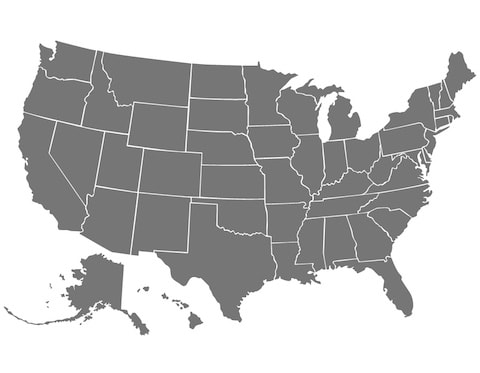ALS Clinics |
|
|
Once you have been diagnosed, it is extremely important to attend an ALS clinic and meet with a multidisciplinary medical team that specializes in ALS.
In addition to improving your quality of life, studies have shown that attending an ALS clinic on a regular basis can extend your life by one year or more. |
|
ALS Clinics DirectorySearch for an ALS clinic near you in our comprehensive directory.
|
How do clinics work?
|
1. After your diagnosis, your doctor or local ALS organization will help you schedule a clinic appointment.
2. Once every three months, you will travel to the center to meet with a neurologist, nurse, physical therapist, occupational therapist, speech language pathologist, dietician, social worker, and a representative from the affiliated ALS organization. It is always helpful to have a trusted friend or family member accompany you to help take notes and ask questions. 3. You will stay in the same room for three to four hours while the specialists rotate to visit with you, answer questions, and measure your progress. 4. At the end of each visit, your team will discuss your individualized care plan and send you a report with care and equipment recommendations. It is important that you feel comfortable with every member of your ALS clinic team. If you have any concerns, talk with the representative from your local ALS organization. |
|
How much will it cost?
ALS clinic visits are typically covered by Medicare, Medicaid, and private insurance. If you are concerned about paying for the clinic, do not stop attending. It is too important. Instead, talk with your clinic coordinator or local ALS organization. If you attend a Certified Treatment Center, for example, and do not have any insurance coverage, ALS Association funds will cover your visits.
Military Veterans: Learn about ALS care at the VA
Military Veterans: Learn about ALS care at the VA
|
Sign up for our free newsletter to stay up-to-date on new content, equipment, ALS news, resources, and more.
|
What if I'm worried about getting to the clinic?
If you live too far away from a certified clinic, your local ALS organization should be able to recommend a neurologist who is closer to you. If you are able to travel to your nearest clinic—even if it is a bit of a drive—it will be worth the trip.
If you do not have a way to get to the clinic, ask your local ALS organization if they have grant programs or any other ideas. If you are unable to travel to the clinic due to health or safety concerns, try to find someone closer who can monitor your health.
If you do not have a way to get to the clinic, ask your local ALS organization if they have grant programs or any other ideas. If you are unable to travel to the clinic due to health or safety concerns, try to find someone closer who can monitor your health.




